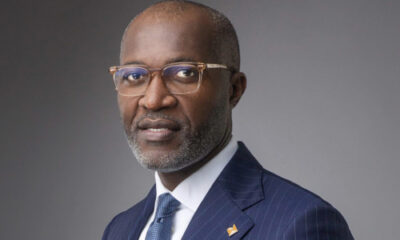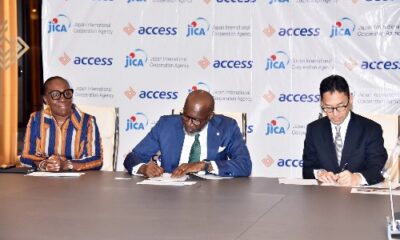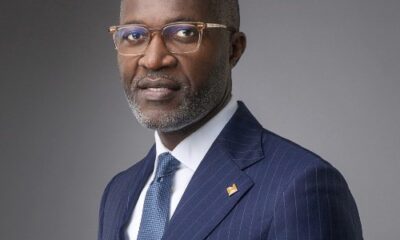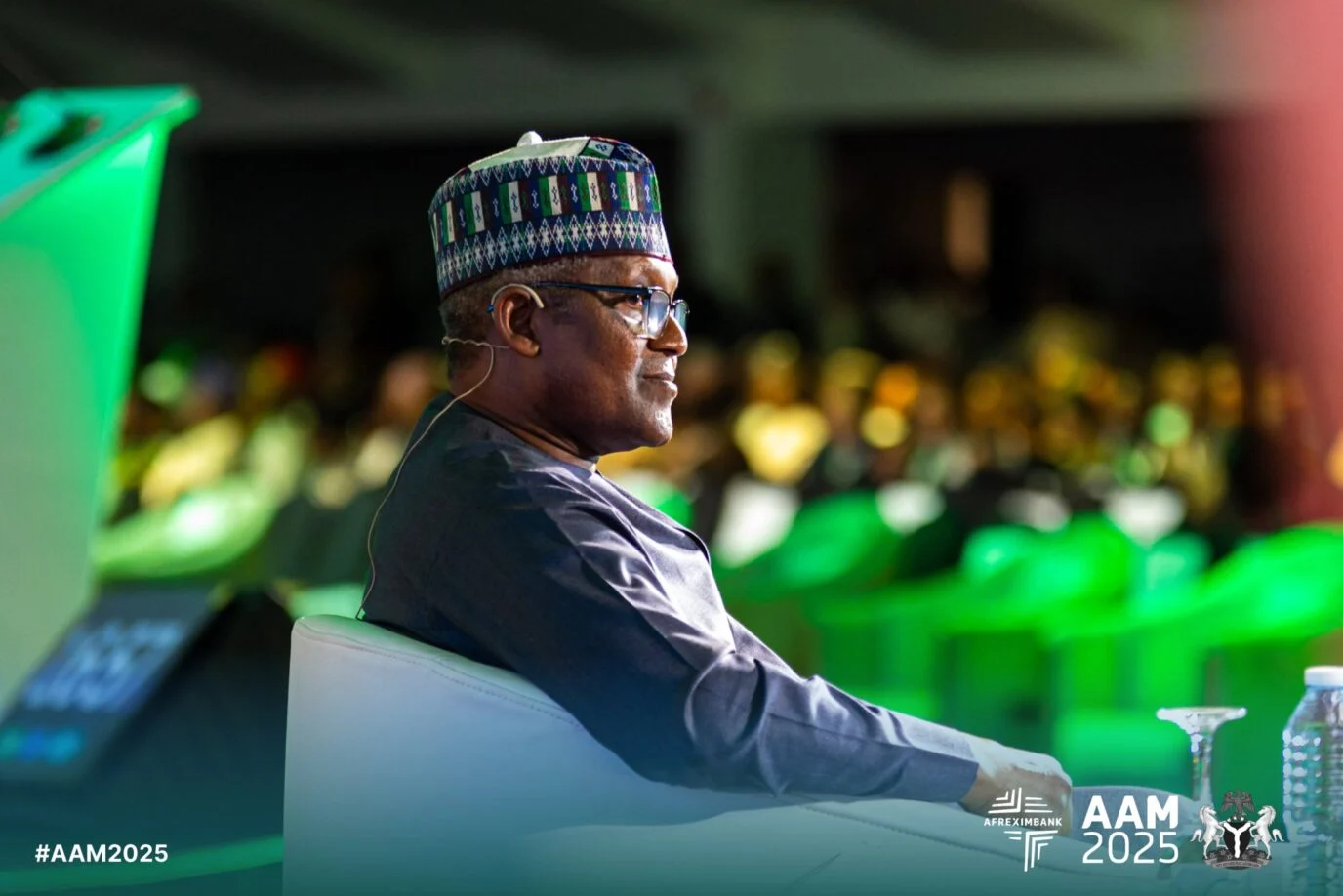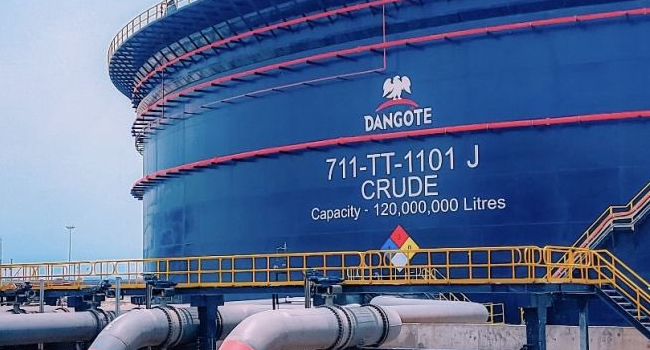Africa’s foremost innovation hub, the Africa Fintech Foundry (AFF), has opened up its registration portal for the 2021 Accelerator program.
The initiative, which is being executed in partnership with Access Bank Plc, seeks to fast-track the growth of the best start-ups operating within the African technology ecosystem. The ‘Accelerator’ programme will fast track and assist the selected start-ups to navigate issues such as start-up pricing and competitiveness, creating endearing customer experiences, support and retention, hiring and people management, scaling for growth and product development cycle fundamentals amongst others.
Speaking at the launch of the initiative, the Head of the Africa Fintech Foundry, Daniel Awe, said, “Research has shown that 90% of start-ups fail due to various reasons such as lack of funding, being in the wrong market, a lack of research, misaligned partnerships, ineffective marketing, and poor competitive positioning to name a few. 90% is a high percentage rate of failure. This indicates that many things need to go right for a business to succeed. Enabling start-ups to grow, scale and remain relevant in the tech space is where we play a major role as AFF.”
“Since its establishment, the Africa Fintech Foundry has progressively demonstrated leadership in the areas of innovation, financial technology, and entrepreneurship. We recognize the vast array of talent possessed by Africans and the wider global players and the immense potential that our technological start-ups have.
Hence, through the Accelerator programme, we will be providing cohorts with mentorship and clinic hours from leading entrepreneurs, investors, and industry experts. They will also get access to funding, unrivaled business insights, access to markets, and networking opportunities with our partners at various stages of the program,” he said.
The AFF Accelerator programme will span 12 weeks, with formal and informal mentorship from established founders, investors, and pioneers across various industries.
Ade Bajomo, Access Bank’s Executive Director for Information Technology and Operations, highlighted the need for increased corporate investment in tech-focused capacity building initiatives. He said “Technology can serve as the catalyst for solving many of the problems faced across various industries. We also believe that it holds the potential to resolve social and economic challenges faced across the African continent. Therefore, as Africa’s gateway to the world, we have partnered with the continent’s leading accelerator, the Africa Fintech Foundry, to create a platform that will nurture the brightest minds, providing them the needed resources to develop and scale their projects, to the benefit of all.
Start-ups to be considered for admission into the programme include those that: have a tech-enabled solution; offer a unique solution or unique application in a regional setting; have a cross-functional team with a deep understanding of the market – which includes technical lead(s) and founder(s) that are fully committed to the business; have a defensible position (IP; network effects; domain or region expertise); have been in operations for at least 6 months, amongst others.
Interested participants can visit www.africafintechfoundry.com for more information. Those who meet the required criteria will be required to fill an online application. Entry deadline has been disclosed as Saturday, 31 January 2020.

 BIG STORY4 days ago
BIG STORY4 days ago
 BIG STORY5 days ago
BIG STORY5 days ago
 BIG STORY1 day ago
BIG STORY1 day ago
 BIG STORY5 days ago
BIG STORY5 days ago
 BIG STORY5 days ago
BIG STORY5 days ago
 BIG STORY8 hours ago
BIG STORY8 hours ago
 BIG STORY1 day ago
BIG STORY1 day ago
 BIG STORY3 days ago
BIG STORY3 days ago







